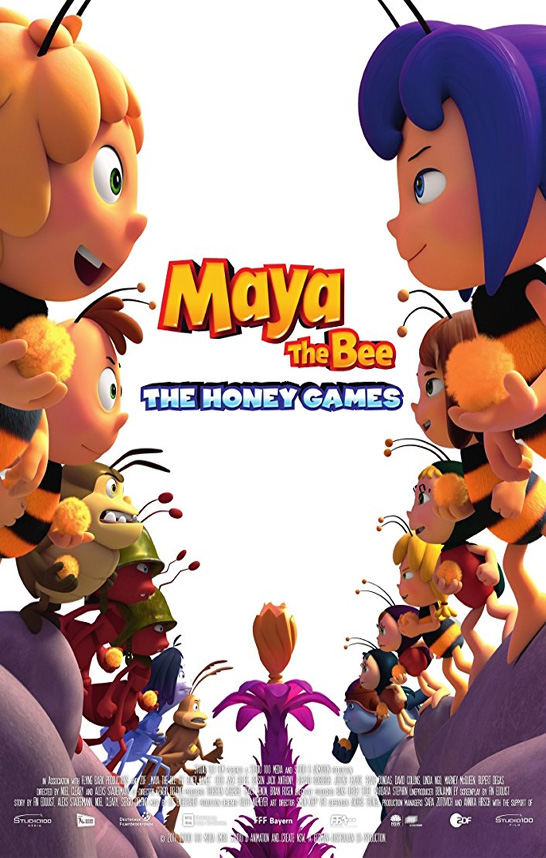
Recognizing the dimensions of the pollination crisis and its links to biodiversity and human livelihoods, the Convention on Biological Diversity has made the conservation and sustainable use of pollinators a priority. Intensive farming practices, land-use change, mono-cropping, pesticides and higher temperatures associated with climate change all pose problems for bee populations and, by extension, the quality of food we grow. If this trend continues, nutritious crops, such as fruits, nuts and many vegetable crops will be substituted increasingly by staple crops like rice, corn and potatoes, eventually resulting in an imbalanced diet. Close to 35 percent of invertebrate pollinators, particularly bees and butterflies, and about 17 percent of vertebrate pollinators, such as bats, face extinction globally. Present species extinction rates are 100 to 1,000 times higher than normal due to human impacts. Join the event on the 20th of May 2021 at 13:00 (CEST) and follow the conversations on social media using the hashtags #WorldBeeDay #Savethebees ! Do you know all the different pollinators?īees are under threat. It will be an occasion to raise awareness of how everyone can make a difference to support, restore and enhance the role of pollinators. The event will call for global cooperation and solidarity to counter the threats posed by the COVID-19 pandemic to food security and agricultural livelihoods alongside prioritizing environmental regeneration and pollinator protection. The fourth observance of World Bee Day will be celebrated - in the midst of a still ongoing pandemic - with a virtual event organized by the FAO on under the theme “Bee engaged – Build Back Better for Bees”. We all depend on pollinators and it is, therefore, crucial to monitor their decline and halt the loss of biodiversity. The goal is to strengthen measures aimed at protecting bees and other pollinators, which would significantly contribute to solving problems related to the global food supply and eliminate hunger in developing countries. To raise awareness of the importance of pollinators, the threats they face and their contribution to sustainable development, the UN designated 20 May as World Bee Day. Not only do pollinators contribute directly to food security, but they are key to conserving biodiversity. Nearly 90% of the world’s wild flowering plant species depend, entirely, or at least in part, on animal pollination, along with more than 75% of the world’s food crops and 35% of global agricultural land. Pollination is, however, a fundamental process for the survival of our ecosystems. Koko.will do her best and try to be as good as you on day! Koko will get better and better! Koko promises! Koko was able to re-create Mother's dishes! Koko.Bees and other pollinators, such as butterflies, bats and hummingbirds, are increasingly under threat from human activities. When Mother made her special dessert, she always put some of this in it. When Koko had a fever, Mother would always cook this just for Koko.

courser bee honey!! Are you sure about this? Really? Thank you so much! Koko means it! Just stay right there a second! - Koko

Koko wanted to make some for Mother in heaven. It's too dangerous for Koko to go get more. The bees attack you when you get closer to their hives. Courser bee honey? OH, NO!! Koko is all out of courser bee honey. ↑ What should Koko make for dessert? OH! Koko will cook a honeyed apple! Mother loved those! It melts in your mouth and is sooo delicious! Let's see.

Īt any point if you want to know the recipe for Energizing Honeyed Apple, Link can find it in the Adventure Log entry for Koko's Specialty side quest. This will complete the quest and is the last of the many quests with Koko. They are most common in wooded areas, in particular there are a few in the Forest of Spirits within the Great Plateau, as well as the Bubinga Forest, just east of the Dueling Peaks Stable.Īfter gifting Koko the Courser Bee Honey, she will give you your reward in the form of a dish of Energizing Honeyed Apple. Once Link shoots it down or grabs it, Bees will attack Link and he'll have to fight them off. Link can climb up a tree to grab the beehive, or shoot it down with an Arrow. Ĭourser Bee Honey is found wherever Link sees a beehive. Koko wants to make some Energizing Honeyed Apple, which she wants to make for her deceased mother in Heaven, but she does not have any Courser Bee Honey. In order to start this quest, Link will first need to complete Koko's Kitchen, Cooking with Koko, and Koko Cuisine. Koko is available outside the General Store in Kakariko Village, between 12pm and 7pm.


 0 kommentar(er)
0 kommentar(er)
